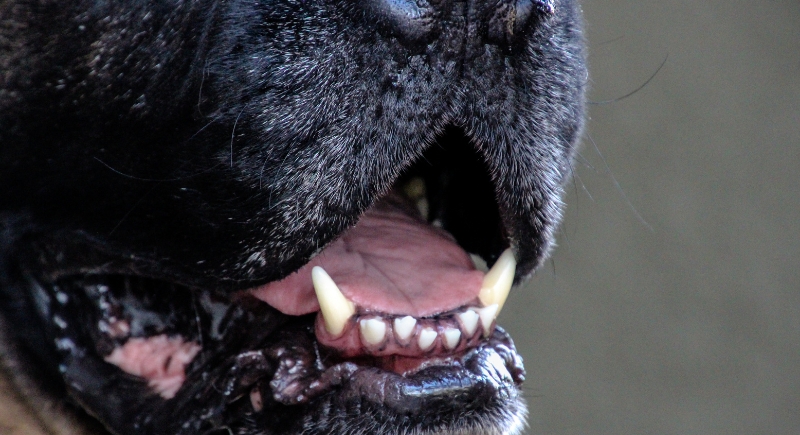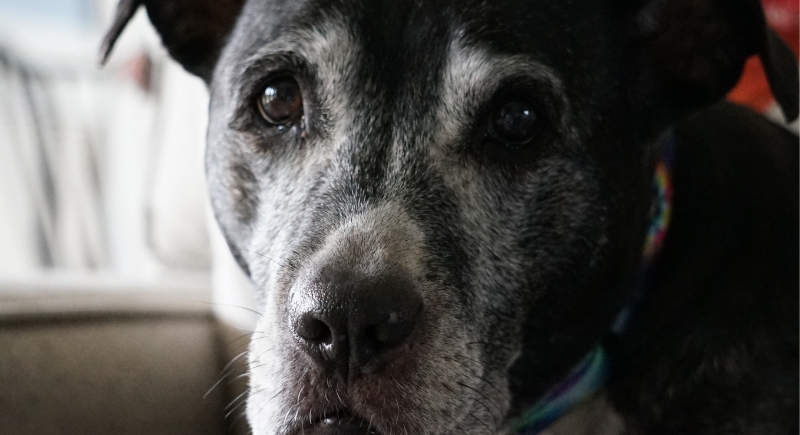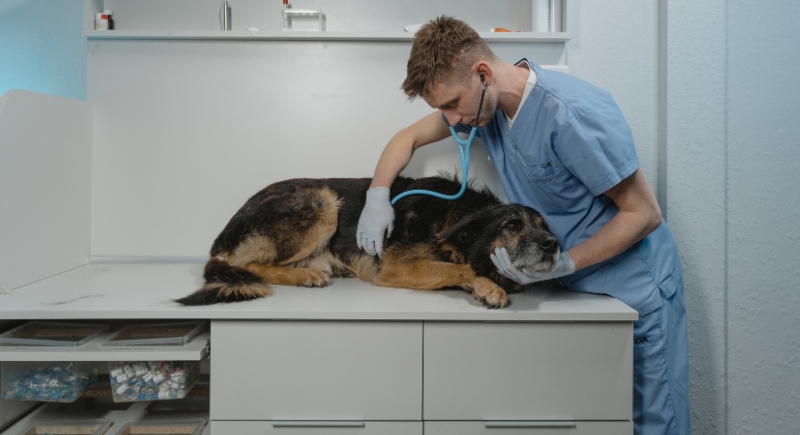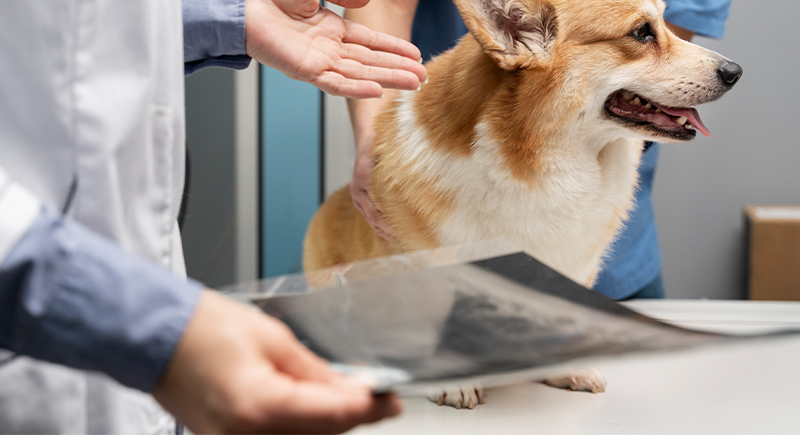14 Signs It’s Time to Put Down Your Dog
Knowing when to say goodbye to your best friend is one of the hardest parts of pet ownership. While your vet is your best resource for a definitive assessment, there are some common indicators that your dog’s quality of life might be significantly declining. Keep an eye out for these:
When Every Meal Is a No-Go

Credit: Getty Images
Dogs generally love food. If your pup suddenly refuses meals for more than 24–48 hours, it’s not just picky behavior. A consistent loss of appetite, especially when treats and favorites don’t work, often signals underlying illness or that the body is shutting down.
Bad Days Stack Up

Credit: Canva
Are you finding yourself counting how many good days your dog has compared to bad ones? If you see more sad days than happy ones, week after week, that’s a very clear sign. Using a calendar to track this can help you know what’s really happening.
The Tail Doesn’t Tell Stories Anymore

Credit: Getty Images
A wagging tail is basically your pet’s built-in mood meter. But when it stops moving altogether, even during meals or greetings, it could signal something deeper. If your pup loses interest in cuddles, toys, or attention, discomfort or emotional distress may be taking center stage.
Breathing Isn’t Effortless Anymore

Credit: Getty Images
A dog that struggles to breathe while resting is showing a serious warning sign. Labored, shallow, or irregular breathing can point to heart failure, lung disease, or fluid buildup. These conditions are painful and often hard to manage. When breathing takes visible effort, comfort becomes harder to maintain.
Pain Meds Stop Doing Their Job

Credit: iStockphoto
Modern veterinary medicine has some fantastic tools for managing pain. But when your furry friend shows signs of discomfort like panting or limping despite treatment, it could be time to reevaluate. Pain that outpaces medication is a strong indicator that comfort is no longer sustainable.
Accidents Become the Norm

Credit: freepik
A dog that starts having accidents indoors after years of being house-trained is likely struggling with more than just age. When they can’t get up in time—or worse, can’t move away afterward—it’s a sign their body is failing them. Combined with limited mobility, this can quickly lead to infections, skin issues, and a steady decline in dignity.
That Joyful Spark? Gone.

Credit: Getty Images
When dogs get sick, they often lose their happy spark, no matter what you do. Pups love their routines and get excited easily. So, if they act differently when they see their leash or favorite toys, it might mean their body or mind isn’t doing well anymore.
They Can’t Stay Upright

Credit: Getty Images
Stumbles happen, but if your pet’s legs give out consistently or if they need help standing, that’s more serious and should be reported to your vet. According to veterinary neurologists, sudden or ongoing loss of coordination can result from neurological disease, severe arthritis, or even spinal tumors.
The Light in Their Eyes Dims

Credit: Getty Images
There’s a look some pets give when they’re not fully there. Cloudy eyes, confusion, staring into corners, or walking in circles could mean canine cognitive dysfunction (think dementia in dogs). If they’re constantly disoriented or scared, comfort becomes harder to maintain.
Aggression Isn’t Their Usual Mood

Credit: Getty Images
A sweet dog doesn’t start snapping out of nowhere. If yours suddenly growls when touched or acts nervous around people they’ve always trusted, something deeper is going on. Pain and confusion can make them defensive, and it indicates that they don’t feel right in their own body anymore.
They’ve Checked Out of the Pack

Credit: Canva
Pack animals by nature, canines rarely isolate unless something’s wrong. If yours seeks out alone time, probably hiding under the bed or just far from people, it could be instinctual behavior as they begin to shut down.
Vet Runs Out of Ideas

Credit: pexels
There comes a point when even the best vet admits there’s nothing left to tweak, try, or adjust. If your vet starts talking less about solutions and more about making your pet comfortable, that shift usually signals the medical road has reached its end, despite best efforts and intentions.
Diagnosed With a Terminal Condition

Credit: freepik
Getting a terminal diagnosis like late-stage cancer, organ failure, or untreatable neurological disease is a tough moment. While it allows time to prepare, these conditions tend to progress fast. If pain increases or daily functions decline despite supportive care, planning for goodbye can prevent unnecessary suffering down the line.
You’re Holding On for You, Not Them

Credit: Getty Images
It’s a tough truth: sometimes the only thing keeping your furry companion here is your heartbreak. If all signs point to suffering, and you’re still hesitating, ask yourself honestly: are you avoiding the goodbye for your sake or theirs? Love sometimes means letting go.
Unexplained Weight Loss

Credit: iStockphoto
Sudden or steady weight loss, despite eating normally or even trying appetite stimulants, can point to cancer, organ disease, or malabsorption. If your pup is dropping pounds and muscle mass without an obvious cause, their body might no longer be absorbing nutrients the way it should.
When Sleep Stops Healing

Credit: pexels
Dogs usually love a snooze, but constant pacing or restlessness at night can hint at pain that won’t quit. If your pup can’t relax enough to sleep deeply, its body and mind lose precious recovery time, signaling it might be time to say goodbye.